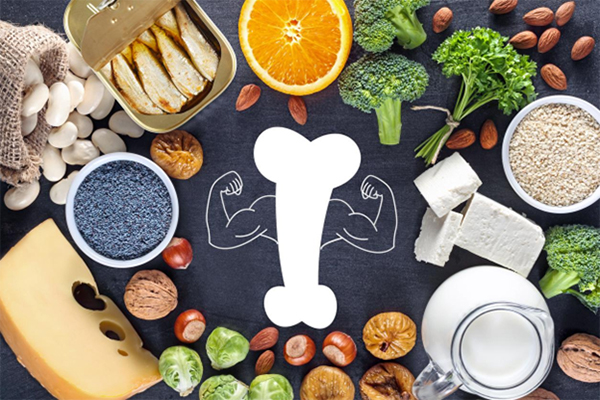
Recovering from joint replacement surgery involves more than physical therapy and rest. What you eat can have a direct impact on how well—and how quickly—you heal. The right nutrients help reduce inflammation, promote tissue repair, and strengthen your immune system. Here are some of the best and worst foods to support your recovery after hip or knee replacement surgery.
Best Foods for Joint Replacement Recovery
- Lean Protein Sources: Protein is essential for repairing muscles and tissues after surgery. Choose lean meats like chicken, turkey, and fish, as well as plant-based sources like beans, lentils, and tofu to fuel recovery.
- Colorful Fruits and Vegetables: Fruits and vegetables are rich in antioxidants, vitamins, and minerals that support wound healing and immune function. Focus on leafy greens, berries, carrots, sweet potatoes, and bell peppers to reduce oxidative stress and inflammation.
- Whole Grains: Whole grains like brown rice, oats, and quinoa provide steady energy and fiber. They also contain B-vitamins that aid in metabolism and tissue repair.
- Healthy Fats: Omega-3 fatty acids found in salmon, flaxseed, walnuts, and chia seeds help reduce inflammation and support joint health. Include a balance of healthy fats from olive oil and avocados as well.
- Hydrating Fluids: Proper hydration helps transport nutrients to healing tissues and prevents post-surgical constipation. In addition to water, try broths, herbal teas, and electrolyte-rich drinks.
Foods to Avoid After Joint Surgery
- Processed and Fried Foods: These foods can trigger inflammation and slow the healing process. Limit items high in trans fats, like fast food, packaged snacks, and fried foods.
- Sugary Beverages and Desserts: Excess sugar can impair immune response and increase inflammation. Cut back on soda, candy, and pastries during recovery.
- Excessive Alcohol: Alcohol can interfere with medications, disrupt sleep, and slow wound healing. It’s best to avoid alcohol until your surgeon gives the green light.
- High-Sodium Foods: Too much salt can contribute to fluid retention and swelling. Limit canned soups, processed meats, and salty snacks.
Fuel Your Recovery the Right Way
Optimizing your nutrition before and after joint replacement surgery can accelerate healing, reduce complications, and improve your overall outcomes. If you’re planning for or recovering from a hip or knee replacement, schedule a consultation with Dr. Ehmke to discuss how comprehensive care—including proper nutrition—can support your recovery. Thoughtful nutrition is one more way to encourage a smoother, stronger return to mobility.
AUTHOR: Dr. Andrew Ehmke is a board-certified and fellowship-trained joint replacement surgeon specializing in robotic-assisted and minimally invasive hip and knee replacement in Chicagoland and NW Indiana.





